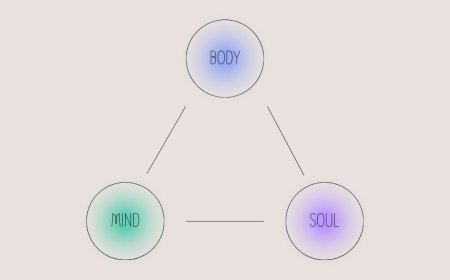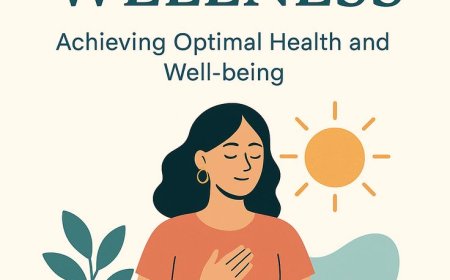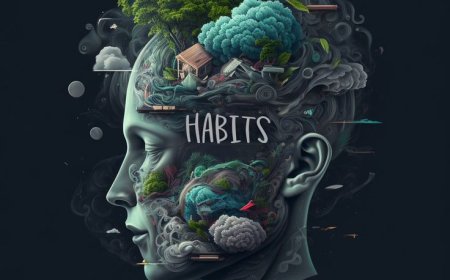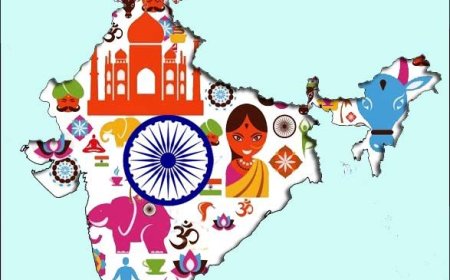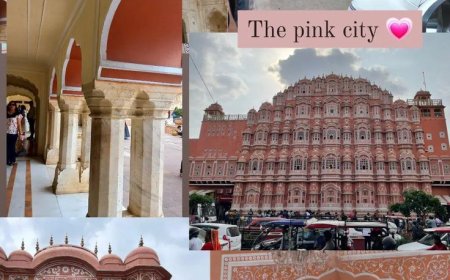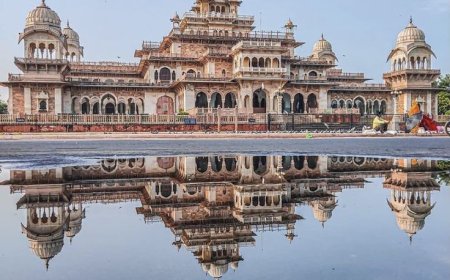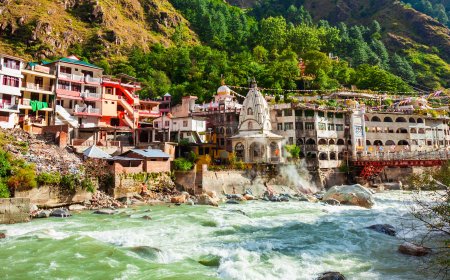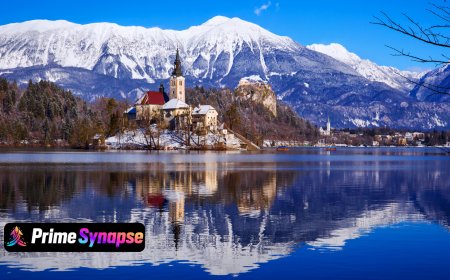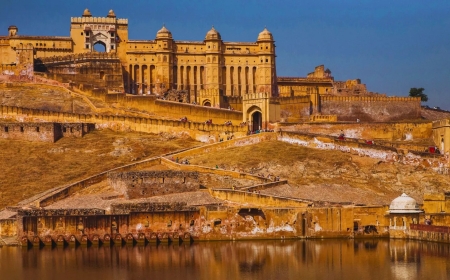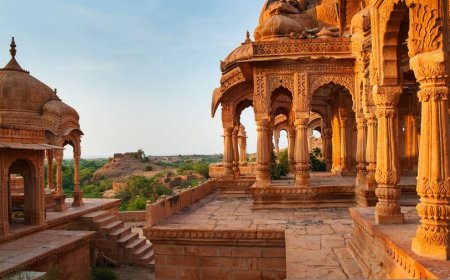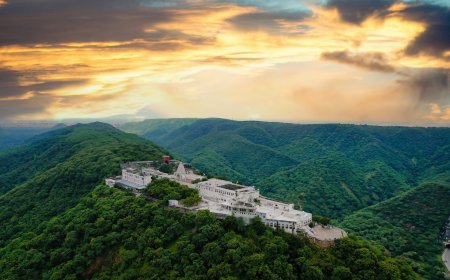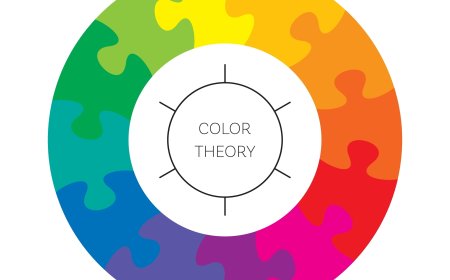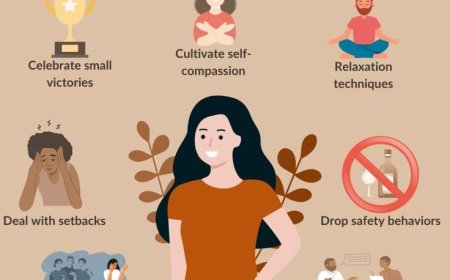10 Happiest Countries in the World- and What India Can Learn from Them
Learn what makes the world’s happiest countries stand out in well-being, social trust, and quality of life, and how India can adopt similar practices for a happier society.

Have you ever thought about the reason for the happiness of some people in certain parts of the Earth? Over the years, experts have been studying countries worldwide to determine the world's happiest country. They consider a variety of factors like how secure people feel, the existence of good friends, and how quickly they can get help if they need it.
The final list—the list of happiest countries—doesn’t only concern money! It corresponds to something much deeper: how good a society is in providing for its people. Let's see the list of the 10 happiest countries and discover what really makes these countries the best for living in for happiness.
The World’s Happiest Countries
For many years now, the countries in Northern Europe (called the Nordic countries) have dominated the list. These are the happiest countries in Europe!
|
Rank |
Country |
Region |
Key Takeaway |
|---|---|---|---|
|
1 |
Finland |
Nordic / Europe |
What is the happiest country in the world? It's Finland! They have high trust and amazing access to nature. |
|
2 |
Denmark |
Nordic / Europe |
Known for its excellent free social support (like healthcare and education). |
|
3 |
Iceland |
Nordic / Europe |
Strong community feeling and a great work-life balance. |
|
4 |
Sweden |
Nordic / Europe |
Low corruption and high personal freedom. |
|
5 |
Netherlands |
Europe |
Strong social support and a high standard of living. |
|
6 |
Costa Rica |
Central America |
Proves you don't need to be super rich to be happy! |
|
7 |
Norway |
Nordic / Europe |
High economic prosperity and excellent public welfare programs. |
|
8 |
Israel |
Middle East |
(Note: The reports are based on a 3-year average of life evaluations.) |
|
9 |
Luxembourg |
Europe |
Very high income and stability in a small country. |
|
10 |
Mexico |
North America |
Shows the power of strong social connections and family ties. |
The Top 10 Happiest Countries (Based on Recent Reports)
For many years, Finland has been the clear happiest country on earth. But why?
The Secrets of Happiness
The creators of the World Happiness Report assign six primary factors that contribute to human happiness. The factors can be likened to a recipe for the happiest place on earth:
-
Social Support- Are there any relatives or friends that you can count on in hard times?
-
Income (GDP per capita)- Is the country wealthy enough to make its citizens happy?
-
Healthy Life Expectancy- Are the people in the country generally healthy and long-living?
-
Freedom- Is it your opinion that you have the right to make your own life decisions?
-
Generosity- Are there donations to charities and help for the needy people?
-
Trust (Low Corruption)- Do the people have trust in their government and the fairness of things?

Real-Life Example: Finland’s Secret Weapon
The Finnish government offers free education from pre-primary to university level. This huge social support system means that households do not have to give much thought to the enormous school tuition fee. The people feel safe and secure, hence the trust among them is the highest. For example, Finns are so sure that they'll get their phone or wallet back if they lose it! The trust and security feeling that envelops a whole country is indeed a source of happiness.
What India Can Learn
India is a highly populous country with a mix of good and great things; however, its ranking among the happiest countries is still lower than desired. India can learn three important lessons from these successful nations:
1. Invest in Trust and Kindness (Generosity & Corruption)
-
The Lesson: The happiest nations have nearly zero corruption, which is good because people mistrust the systems very little. When people are aware that the rules are equal for all, they feel safe and that they are in a good place.
-
India’s Focus: More generosity and less magnified corruption in everyday life will not only be a great source of trust among residents, citizens, and the government, but also a great source of trust among residents.

2. Build a Strong Safety Net (Social Support)
-
The Lesson: The provision of free health care and education in Denmark and Norway means that if families have financial problems, they will not lose everything. This safety net eases everyone's stress.
-
India’s Focus: Access to good, affordable healthcare and quality education should be continued, improved, and made available to everyone, irrespective of their socio-economic status.
3. Prioritize Life Balance (Freedom & Life Expectancy)
-
The Lesson: The happiest nations put work-life balance at the top of the priority list. In Iceland, people are allowed to take time off to enjoy the country's beautiful nature and family life. They realize that happiness is more important than simply working all the time.
-
India’s Focus: Schools and communities should be encouraged to schedule activities that promote play, nature, and mental well-being, as opposed to just long study hours. A happy mind is a better learner!
Conclusion: The Happiness Homework
The quest for the happiest nations in the world confirms that money is merely one tiny fraction of the whole picture of happiness. A country’s social support, trust, and freedom are what really determine its wealth.
India, with its already delightful attributes such as tight-knit families and warm-heartedness, has the potential to be not only a happier place but also to rise in the happiness ladder if it draws lessons from the happiest nations, and if it focuses on building trust and establishing fairer systems!
What's Your Reaction?
 Like
0
Like
0
 Dislike
0
Dislike
0
 Love
0
Love
0
 Funny
0
Funny
0
 Angry
0
Angry
0
 Sad
0
Sad
0
 Wow
0
Wow
0






































































